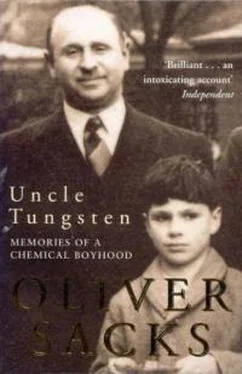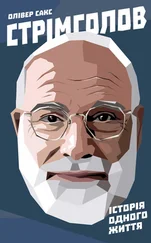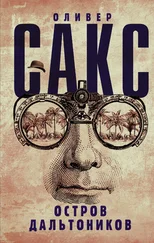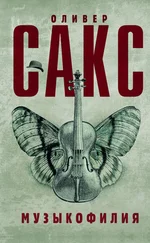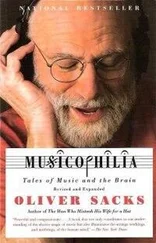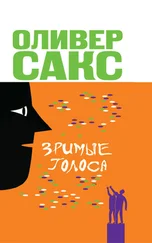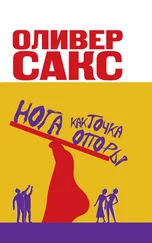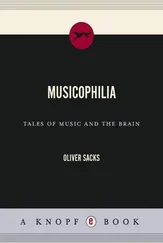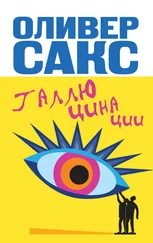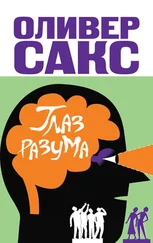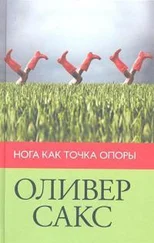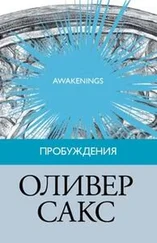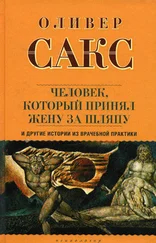We would sit down fifteen, sometimes twenty, to the table on seder nights: my parents; the maiden aunts – Birdie, Len, and before the war, Dora, sometimes Annie; cousins of varying degree, visiting from France or Switzerland; and always a stranger or two who would come. There was a beautiful, embroidered tablecloth which Annie had brought us from Jerusalem, gleaming white and gold on the table. My mother, knowing that sooner or later there would be accidents, always had a preemptive ‘spill’ herself – she would manage, somehow, very early in the evening, to tip a bottle of red wine onto the tablecloth, and thereafter no guest would be embarrassed if they knocked over a glass. Though I knew she did this deliberately, I could never predict how or when the ‘accident’ would occur; it always looked absolutely spontaneous and authentic. (She would immediately spread salt on the wine stain, and it became much paler, almost disappearing; I wondered why salt had this power.)
Unlike the shul service, which was gabbled as fast as possible, and largely unintelligible to me, the seder service took its time, with long discussions and disquisitions, and questions about the symbolism of the different dishes – the egg, the salt water, the bitter herb, the haroseth . The Four Boys mentioned in the service – the Wise One, the Wicked One, the Simple One, and the One Who Was Too Young to Ask Any Questions – were always identified by me with the four of us, though this was especially unfair to David, who was neither more nor less wicked than any other fifteen-year-old boy. I loved the ritual washing of the hands, the four cups of wine, the recitation of the ten plagues (here, as one recited them, one would dip an index finger into the wine at each plague; then, after the tenth plague, the slaying of the first-born, one would throw the wine on one’s fingertips over one’s shoulder). I, as the youngest, would recite the Four Questions in a quavering treble; and later, try to see where my father hid the middle matzoh, the afikomen (but I could no more catch him doing this than I could catch my mother maneuvering the wine spill).
I loved the songs and recitations of the seder, the feeling of a remembering, a ritual, which had been performed for millennia – the story of the bondage in Egypt, the infant Moses in the bulrushes being rescued by the pharaoh’s daughter, the Promised Land flowing with milk and honey. I would be transported, we all would, into a mythic realm.
The seder service would go on past midnight, sometimes to one or two in the morning, and as a five-or six-year-old, I would be nodding off. Then, when it finally broke up, another cup of wine – the fifth cup – would be left for ‘Elijah’ (he would come in the night, I was told, and drink the wine left for him). Since my own Hebrew name was Eliahu, Elijah, I decided that I was entitled to drink the wine, and in one of the last seders before the war, I slipped down at night and drank the whole cup. I was never questioned, and never admitted what I had done, but my hangover the next morning, and the empty cup, made any confession unnecessary.
I enjoyed all the Jewish festivals in different ways, but Succoth, the harvest festival, especially, for here we would build a house of leaves and branches, a succah , in the garden, its roof hung with vegetables and fruit, and if weather permitted, I could sleep in the succah , and look through the fruit-hung roof at the constellations above me.
But the more serious festivals, and the fasts, took me back to the oppressive atmosphere of the synagogue, an atmosphere that reached a sort of horror on the Day of Atonement, Yom Kippur, when all of us (we understood) were being weighed in the balance. One had ten days between New Year and the Day of Atonement to repent and make restitution for one’s misdemeanors and sins, and this repentance reached its climax, communally, on Yom Kippur. During this time, of course, we had all been fasting, no food or drink being allowed to pass our lips for twenty-five hours. We would beat our breasts and wail: ‘We have done this, we have done that’ – all possible sins were mentioned (including many I had never thought of), sins of commission and omission, sins deliberate and inadvertent. The terrifying thing was that one did not know whether one’s breast-beating was convincing to God, or whether one’s sins were even, in fact, forgivable. One did not know whether He would reinscribe one in the Book of Life, as the liturgy had it, or whether one would die and be cast into outer darkness. The intense, tumultuous emotions of the congregation were expressed by the astonishing voice of our old chazzan , Schechter – Schechter, as a young man, had wanted to sing in opera, but never in fact sang outside the synagogue. At the very end of the service, Schechter would blow the shofar, and with this the atonement was over.
When I was fourteen or fifteen – I am not sure of the year – the Yom Kippur service ended in an unforgettable way, for Schechter, who always put great effort into the blowing of the shofar – he would go red in the face with exertion – produced a long, seemingly endless note of unearthly beauty, and then dropped dead before us on the bema , the raised platform where he would sing. I had the feeling that God had killed Schechter, sent a thunderbolt, stricken him. The shock of this for everyone was tempered by the reflection that if there was ever a moment in which a soul was pure, forgiven, relieved of all sin, it was at this moment, when the shofar was blown in conclusion of the fast; and that Schechter’s soul, almost certainly, had fled its body at this moment and gone straight to God. It was a holy dying, everyone said: please God, when their time came, they might die like this too.
Strangely, both my grandfathers had, in fact, died on Yom Kippur (though not in circumstances quite as dramatic as these), and at the start of every Yom Kippur, my parents would light squat mourning candles for them, which would burn slowly throughout the fast.
* * *
In 1939 an older sister of my mother’s, Auntie Violet, had come from Hamburg with her family. Her husband, Moritz, was a chemistry teacher and much-decorated veteran of the First World War, who had been wounded by shell fragments and walked with a heavy limp. He thought of himself as a patriotic German and could not believe that he would ever be forced to flee his native country, but Kristallnacht had finally brought home to him the fate that awaited him and his family if they did not escape, and in the spring of 1939 they made it to England – just (all their property had been seized by the Nazis). They stayed with Uncle Dave, and briefly with us, before going to Manchester, where they opened a school and hostel for evacuees.
Occupied, preoccupied, with my own state, I was largely ignorant of much that was going on in the world at large. I knew little, for example, about the evacuation of Dunkirk in 1940, after the fall of France, the frantic crowding of boats with the last refugees to escape the Continent. But in December of 1940, home from Braefield for the holidays, I found that a Flemish couple, the Huberfelds, were now living in one of the spare rooms at 37. They had escaped in a small boat, hours before the German forces had arrived, and had then almost been lost at sea. They did not know what had befallen their own parents, and it was from them that I first gained some idea of the chaos and the horror in Europe.
During the war the congregation was largely broken up – as the young men volunteered or were called up for the military, and hundreds of the children, like Michael and myself, were evacuated from London – and it was never really reconstituted after the war. A number of the congregants were killed, either fighting in Europe or through the bombing in London; others moved away from what had been, before the war, an almost exclusively Jewish, middle-class suburb. Before the war my parents (I, too) had known almost every shop and shopkeeper in Cricklewood: Mr. Silver in his chemist’s shop, the grocer Mr. Bramson, the greengrocer Mr. Ginsberg, the baker Mr. Grodzinski, the kosher butcher Mr. Waterman – and I would see them all in their places in shul. But all this was shattered with the impact of the war, and then with the rapid postwar social changes in our corner of London. I myself, traumatized at Braefield, had lost touch with, lost interest in, the religion of my childhood. I regret that I was to lose it as early and as abruptly as I did, and this feeling of sadness or nostalgia was strangely admixed with a raging atheism, a sort of fury with God for not existing, not taking care, not preventing the war, but allowing it, and all its horrors, to occur.
Читать дальше
